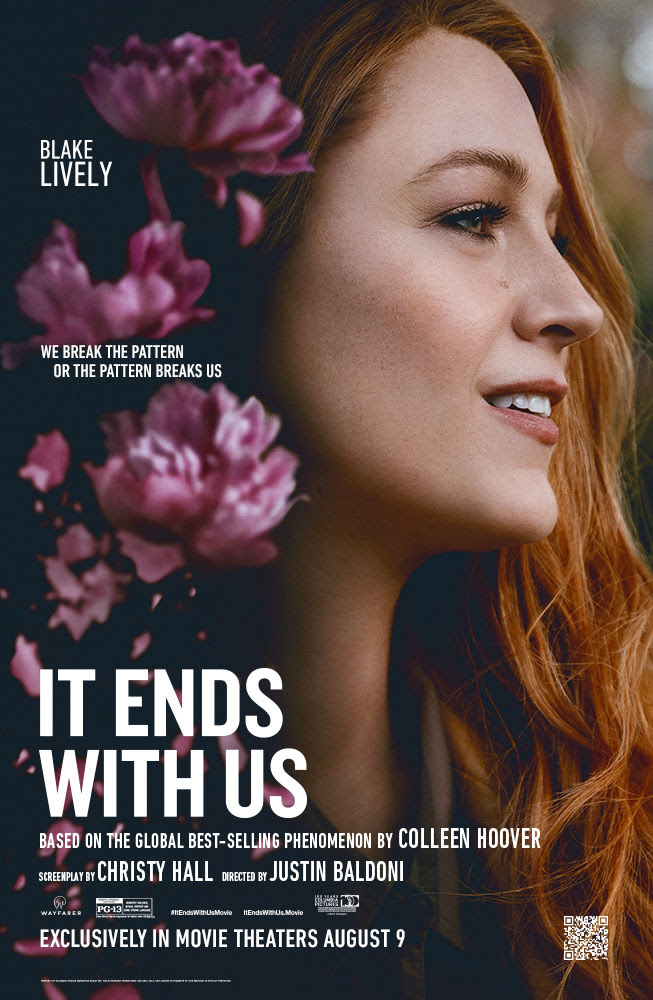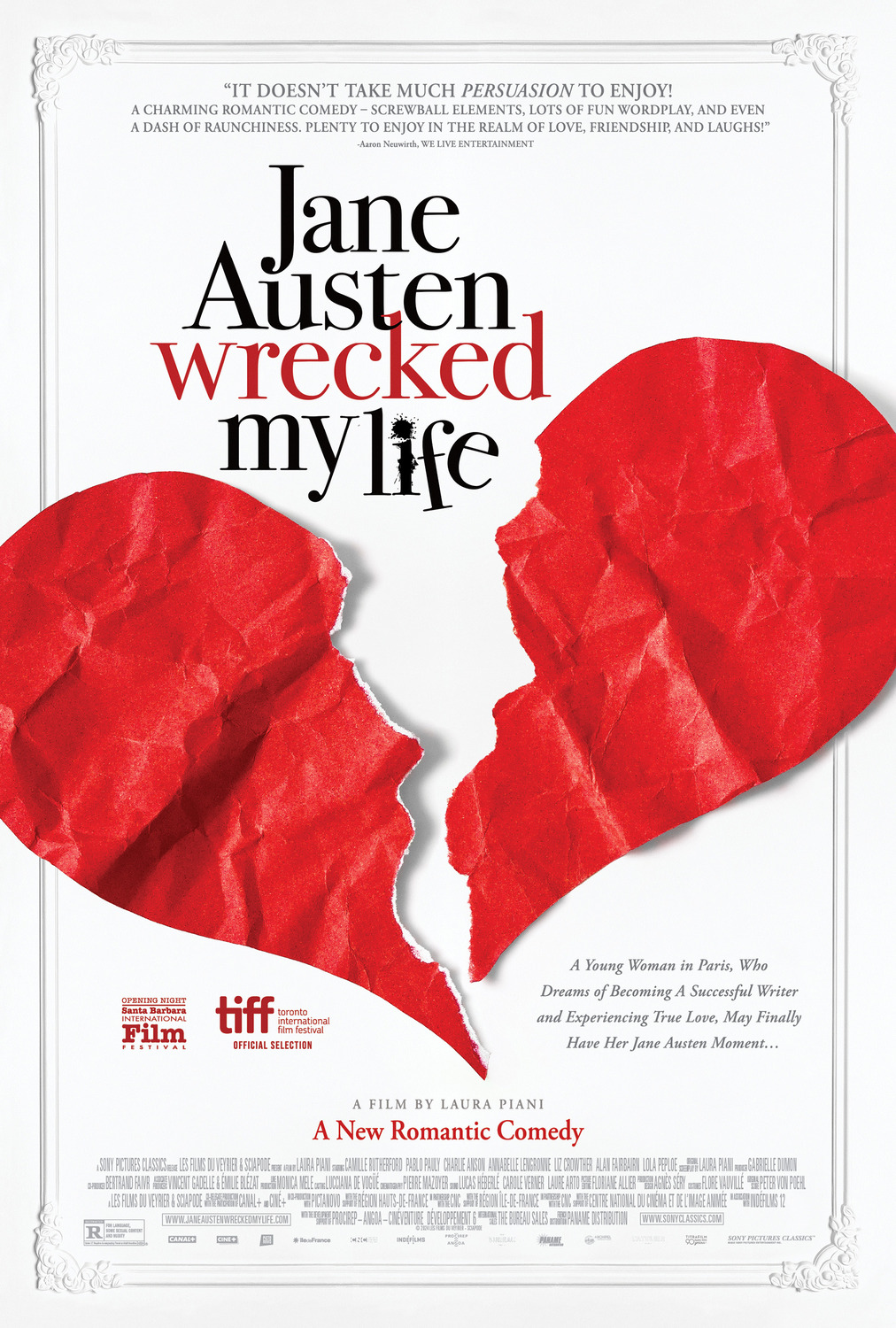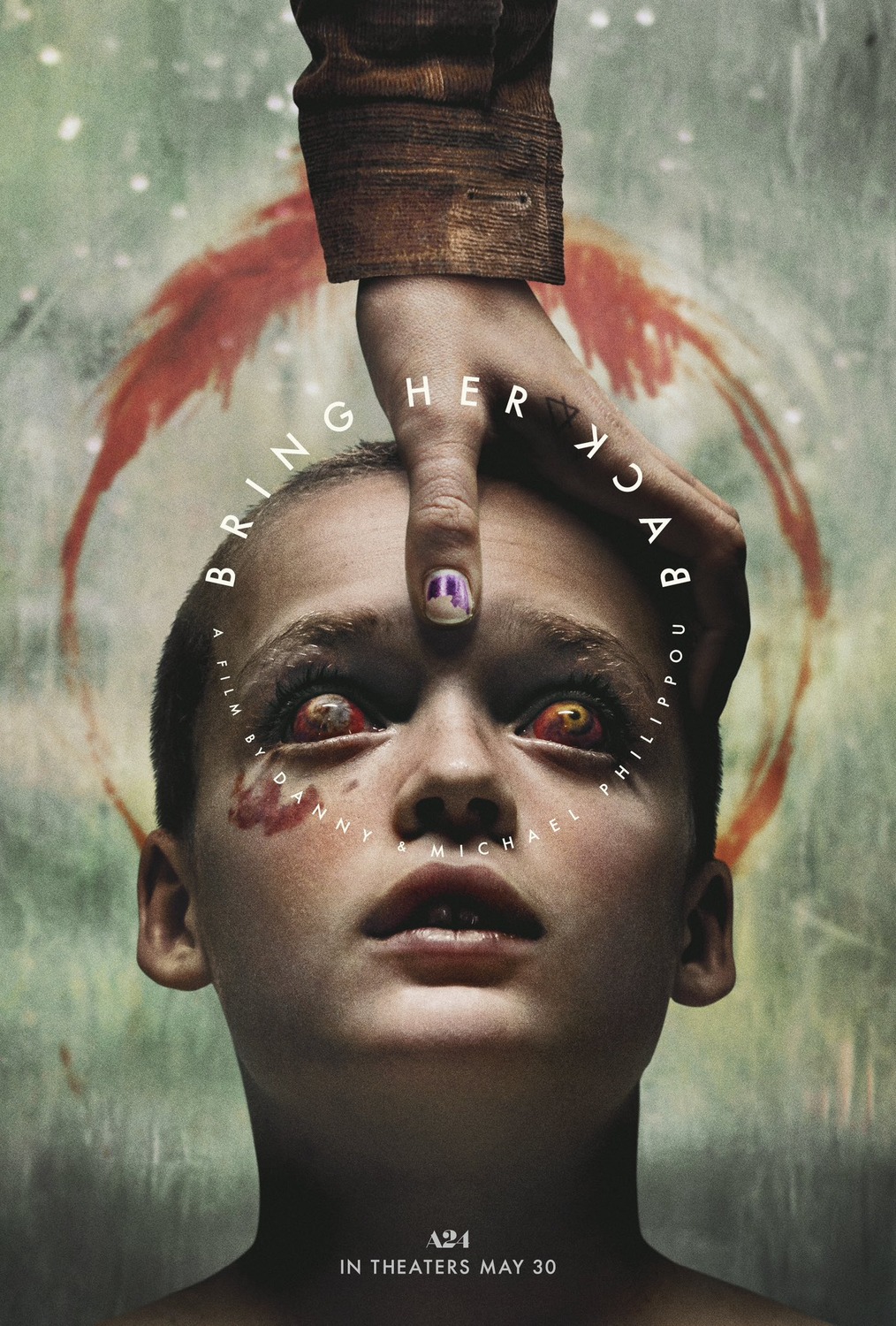It Ends With Us
Review by Mark Woodring
Fresh off her much-ballyhooed cameo as LadyPool in husband Ryan Reynold’s Deadpool & Wolverine, Blake Lively takes the lead and makes her move to push hubby off the box office podium…
And if that’s not an all-too-appropriate metaphor for this film, I don’t know what is.
**NOTE: Read Mark’s review below, then use the link to listen as he and Ryan discuss the film further. Remember, though, you can listen to all our discussions of this and every other movie directly over on ACAST. Stay tuned.**

130 Minutes, Rated PG-13
Written by Christy Hall , based on the novel by Colleen Hoover
Directed by Justin Baldoni
Synopsis:
Adapted from the Colleen Hoover novel, Lily overcomes a traumatic childhood to embark on a new life. A chance meeting with a neurosurgeon sparks a connection but Lily begins to see sides of him that remind her of her parents’ relationship.
All joking aside, if you’ve read the book (I haven’t) or are familiar with the subject matter going in (I am), then you know that sometimes, discomfort is best shielded by humor.
That said, let’s talk about this one.
Domestic Violence is a serious topic. It is absolutely abhorrent to consider physically abusing (or emotionally) your significant other.
Now, I hope you all will take the next sentence the way I intend it:
If it’s possible for a film to take Domestic Violence too seriously, this one does.
It’s not quite melodramatic, but it is overwhelming in that seemingly every single character has been impacted by (or been guilty of) domestic violence or other trauma. Regardless of the seriousness of the topic, this begins to weigh on you, but in a PG-13 way, like a tiny foam hammer to your forehead, tapping slowly and continuously away at your sanity.
That’s not to say It Ends With Us is a bad movie; I certainly wouldn’t say that.
Blake Lively’s Lily Bloom is a wonderful mix of professional enthusiasm and personal tragedy, while director/star Justin Baldoni’s Ryle is played as the seemingly perfect man – handsome, smart, accomplished – except in those few moments when he clearly is far from perfect.
Brandon Sklena, as Lily’s teenage love, Atlas, is a veritable hangdog of damage, from both his own childhood as well as the fact his relationship with Lily was cut brutally — very brutally — short by her father, until the events of the movie occur.
Lily describes herself early on as an unreliable narrator, which is borne out as we see certain events twice: once through her trauma-stained excuses and then again with clear eyes.
In the end, the movie hinges on the final exchange between Lily and Ryle, in which she questions what he would say to their daughter if she told him the person she loved was hurting her in all the ways Ryle had hurt Lily.
It’s a meaningful question, but it ends up playing as a near-religious epiphany for Ryle. There’s no resistance, no questioning, only absolute acceptance of the question. One could take that as more evidence of his otherwise-perfect self, but it feels terribly forgiving for his character to be given that moment of grace in light of all that has gone before.
Fans of the novel will enjoy this movie, but fellas, don’t let her drag you too this as a date movie: it’s not a date movie. If she makes you watch this, she’s trying to tell you something.
And now, lest you think me a complete misanthrope at this point, allow me to make a small confession:
No; I’ve never hit my wife. Good lord, man, what kind of person do you think I am?
The confession is that I don’t even like raising my voice to her, because I was, as a child, gifted with knowledge of what kind of temper I inherited from my father.
I watched him go from zero to destruction in nothing flat, but never on a person, only on things, and always in context. It was never random, but rather was the result of something he was working on breaking or not quite being correct, at which time he might snap and destroy it completely, only to then immediately return to zero and move on as if he simply found the situation in the state it was currently in and needed to fix it.
I never saw him lay a hand on my mother, but I think we all know that just because it isn’t seen doesn’t’ mean it didn’t happen. I’d like to think he didn’t, so in my mind he didn’t. His rage was taken out on things, not people.
But I know what that temper looks like, and yes, I’ve felt it on rare occasions, rising up inside myself. I find it best not to put myself in a position that might escalate into that zone. Not that I’m not confrontational when required, but never in that way, if I can help it.
There, now you know that I’m as bad as Ryle and every other man in the world this movie happens in.
If you find yourself in a situation you need to escape, get help by calling the National Domestic Violence Hotline at 1-800-799-7233, text “BEGIN” to 88788, or visit https://thehotline.org.
It Ends With Us is in theaters now and stars Blake Lively, Justin Baldoni, Jenny Slate, Hasan Minhaj, Amy Morton, and Brandon Sklena.
And remember, if the BEST thing you can say about a movie is that it’s “visually stunning,” then they’ve done something wrong.
Please don’t forget to LIKE, SHARE, and FOLLOW us on:
- Facebook (@vsmoviepodcast)
- X (@vsmoviepodcast)
- Instagram (@visuallystunningmoviepodcast)
- Threads (@visuallystunningmoviepodcast)
- YouTube (@visuallystunningmoviepodcast)
- Don’t forget to SUBSCRIBE to our audio wherever you listen to podcasts (https://shows.acast.com/vsmoviepodcast)
And please, if you like what we do, consider helping us keep on entertaining you. You can use this handy link:
Not only will you be helping us out if you pick up some merch, you get cool stuff to wear around (including the coveted WTFWT? logo!)



